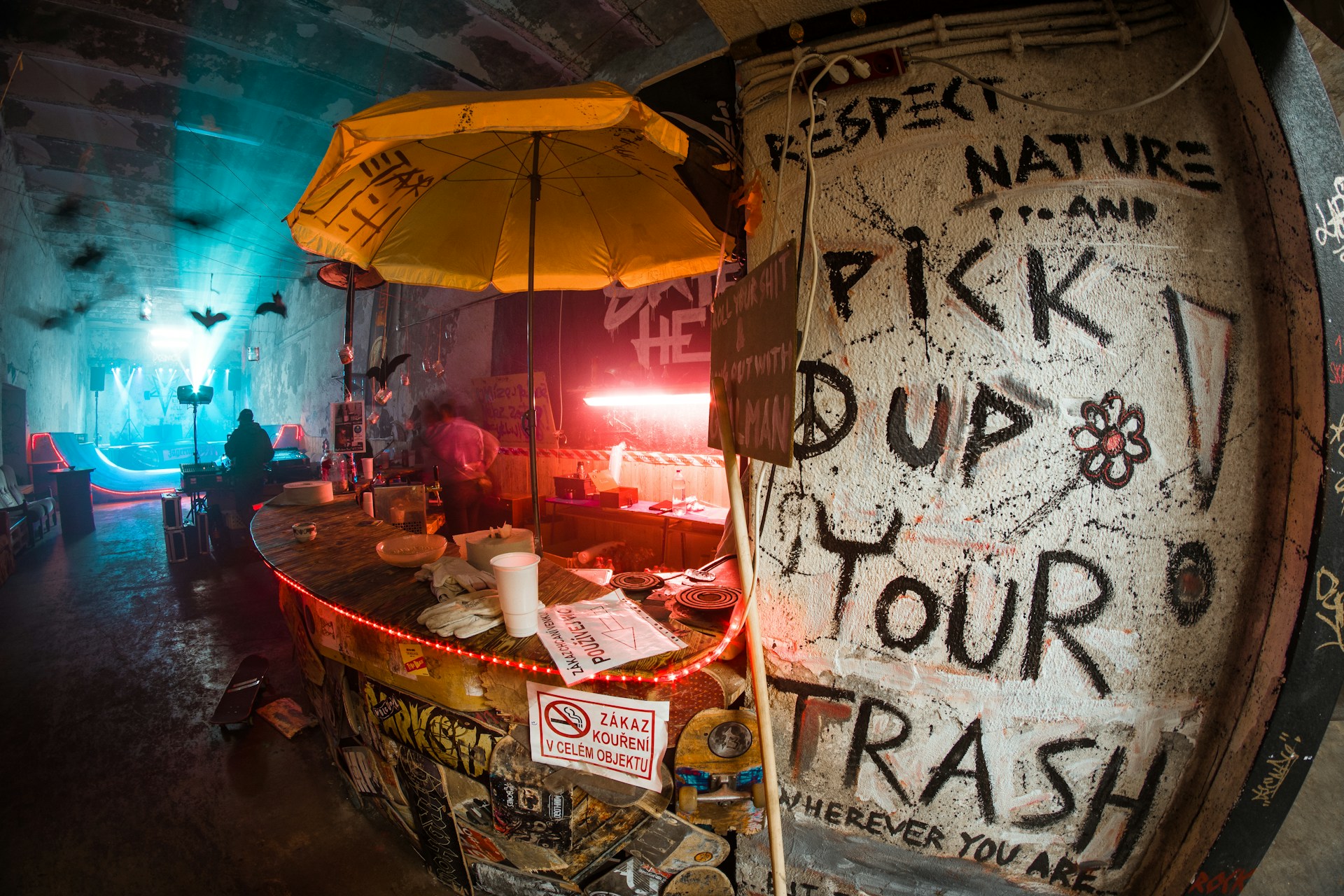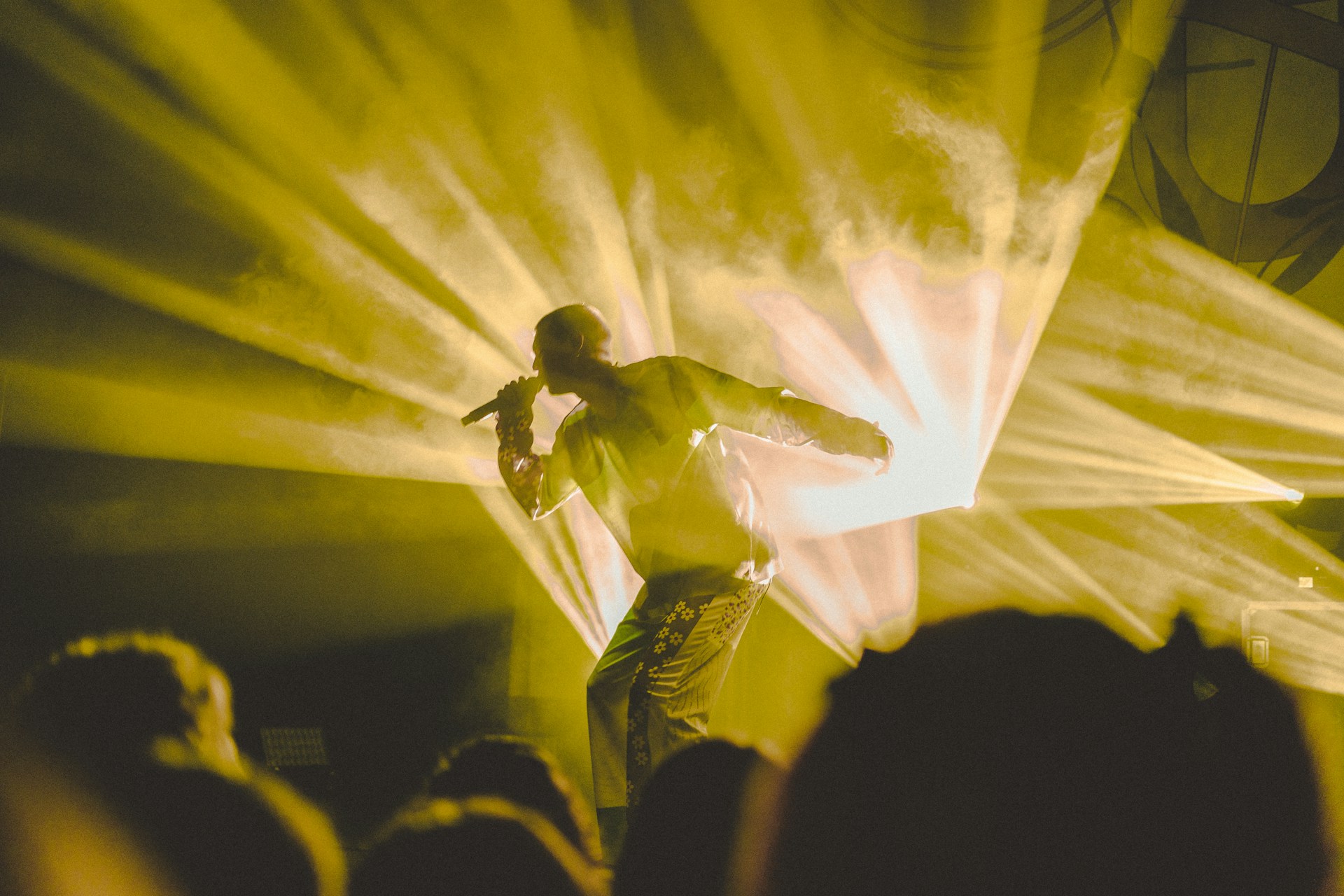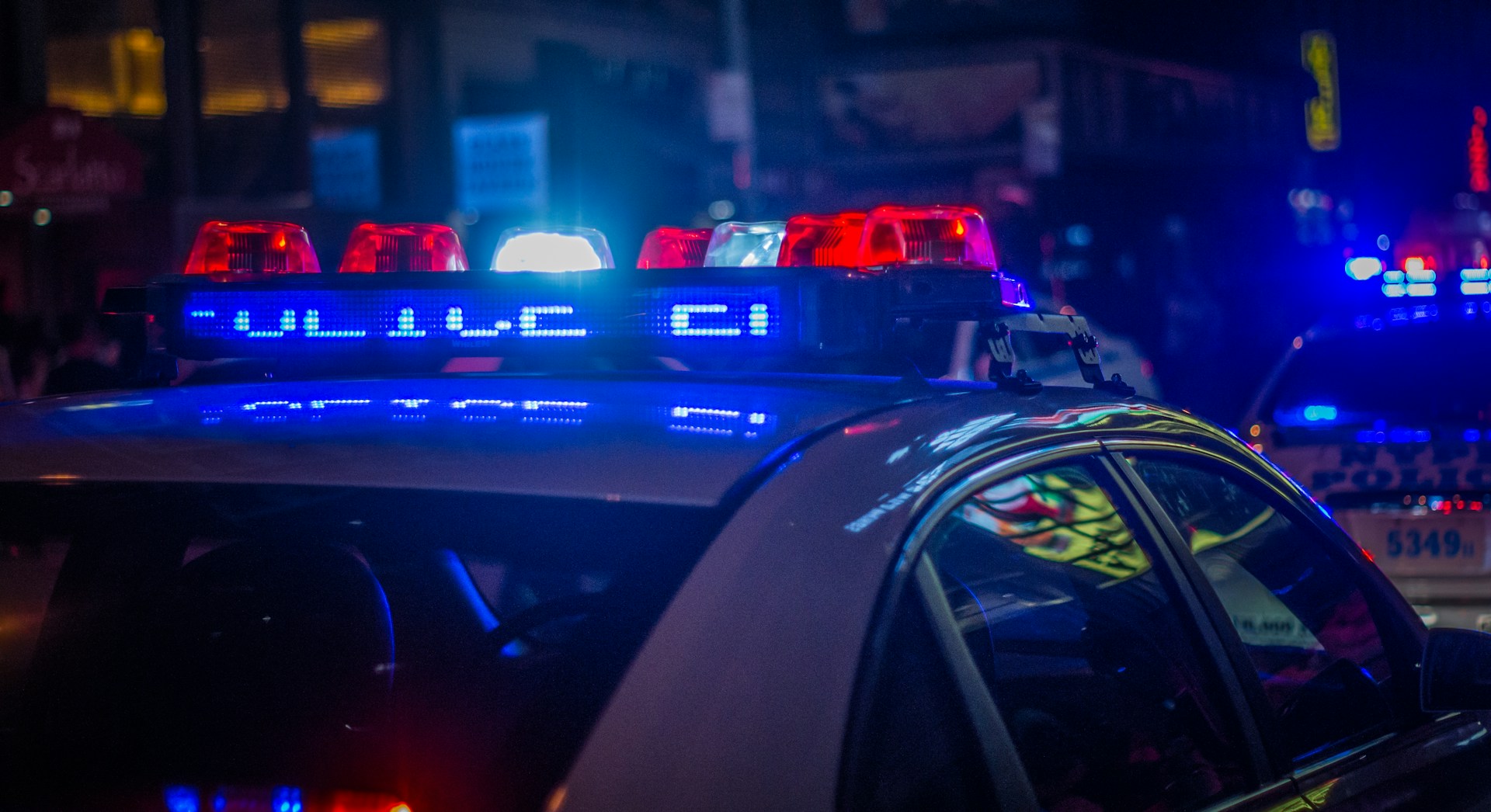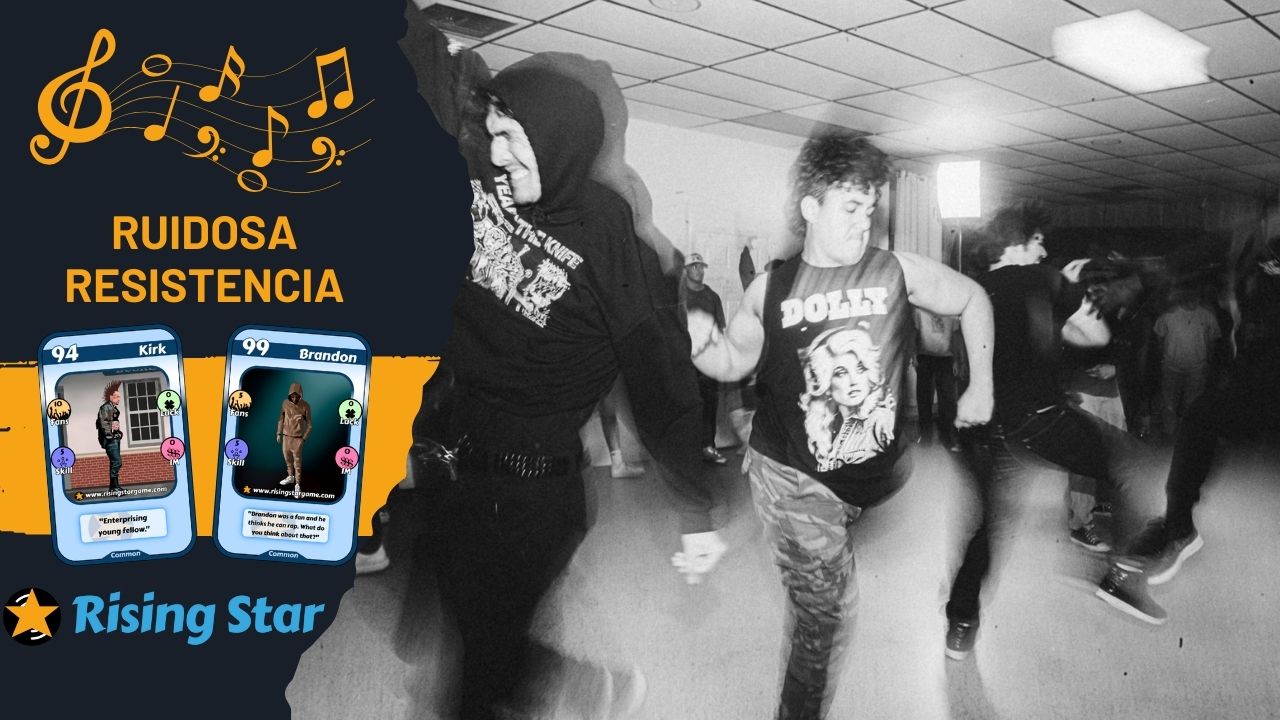ENGLISH VERSION (click here!)
The neighborhood of the Forgotten Cans smelled of stale beer and crushed dreams. Kirk occupied an abandoned warehouse near the railroad tracks, where every Friday he staged clandestine concerts under the name El Nido. His purple-tinted mohawk glowed under the strobe lights, and the tattoo of a snake on his left cheek writhed as he shouted orders. Punks paid two dollars to get in; he kept the proceeds in a shoebox under a pile of torn posters of dead bands. He claimed it kept the system from tracking his earnings, but in reality, he feared someone would find out he was barely scraping together enough for rent. Brandom loitered outside the warehouse every Friday, his white sneakers already gray from the street dust. He practiced rhymes in front of the public bathroom mirror, imitating the flow of the old rappers his father listened to before he left. One night, after being kicked out of an open mic for “sounding like a cheap imitation,” he planted himself in front of Kirk. “Let me get on stage or prove to me that this isn't a sham,” he told him, holding up a chipped microphone. Kirk spat on the floor, but something in Brandom's quavering voice reminded him of himself years earlier, begging for a chance.
---  Fuente ---
ENGLISH VERSION (click here!)
The first time Brandom rapped at El Nido, the punks booed until a glass hit him in the temple. Kirk expected to see him run, but Brandom adjusted his cap and continued, this time mixing his rhymes with the sound of passing trains. By the third Friday, someone yelled “Another one!” as he finished. Kirk wouldn't admit it, but he began staying up late listening to Brandom rehearse among the garbage cans. He taught him how to distort his voice with an old pedal; Brandom, in turn, showed him that even rap could carry the chaos of punk in its sped-up syllables. Trouble came when a local indie label offered to buy The Nest. Kirk saw the contract as a lifeline, but Brandom called him a “sellout” in front of everyone. That night, after a brawl with broken bottles in between, the warehouse dawned with new locks. Kirk drank on the roof of the empty building while Brandom rapped in the street, improvising verses about betrayal and debt. People in the neighborhood, for the first time, left coins in his open case.
---  Fuente ---
ENGLISH VERSION (click here!)
A torrential downpour found them weeks later, sharing a broken umbrella in front of the sealed warehouse. Kirk confessed that the store never made a profit, just a place to feel alive. Brandom laughed, showing him the crumpled dollars he'd earned rapping on the street. “Maybe the system isn't the enemy,” he muttered, but Kirk was already climbing the fence to break the locks with a wrench. That night, with no sign or lights, they played together: him with an out-of-tune guitar, Brandom with rhymes that spoke of mohawks and cursed tattoos. The police arrived on the third track. As they ran between dark corridors, Kirk shouted an address to Brandom. The next day, he found the shoebox under his door: inside, in addition to dollars, was a map with new locations for El Nido. In the corner, a scrawled note: “The system won't get us, but you got me, bro.”
---  Fuente ---
ENGLISH VERSION (click here!)
Now the neighborhood speaks of two ghosts that resurrect abandoned places. On Fridays, if you pay attention to the rumor of the tracks, you might hear the echo of a punk guitar and a flow that doesn't ask for permission. They say it's just the wind, but those who know, smile.
